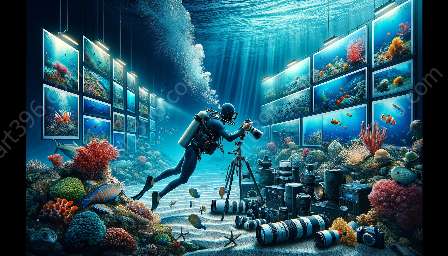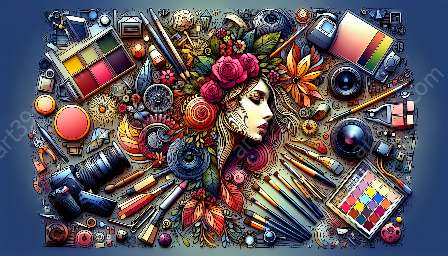Portrait photography has been a popular form of art and expression for centuries, capturing the essence and personality of individuals through visual representation. However, with the advent of digital technology and the widespread use of social media platforms, new ethical challenges have emerged in the realm of portrait photography. In this discussion, we will delve into the complexities of ethical considerations in portrait photography in the digital age and explore its impact on the photographic and digital arts.
The Influence of Digital Technology
In the digital age, the accessibility of advanced cameras and editing software has transformed the landscape of portrait photography. While these technological advancements have enabled photographers to produce high-quality images with greater ease, they have also raised concerns regarding the portrayal and manipulation of subjects. The ability to alter and enhance photographs using digital tools has blurred the line between reality and fiction, leading to ethical dilemmas about truthfulness and authenticity in portrait representation.
Consent and Privacy
Another ethical issue that has gained prominence in portrait photography is the concept of consent and privacy. With social media platforms providing a global platform for sharing and viewing images, photographers must navigate the boundaries of privacy and the rights of their subjects. Obtaining informed consent for capturing and publishing portraits, especially in public spaces, has become a crucial consideration to respect the dignity and autonomy of individuals depicted in photographs.
Representation and Cultural Sensitivity
Portraiture plays a significant role in reflecting cultural diversity and societal norms. However, the digital age has brought attention to the importance of portraying subjects in a respectful and culturally sensitive manner. Photographers face ethical challenges in depicting individuals from different backgrounds, respecting their identities, and avoiding stereotypes or misrepresentation. The responsibility to acknowledge and honor the cultural context of the subjects adds layers of ethical complexity to portrait photography.
Professional Integrity and Accountability
Professional photographers are entrusted with the responsibility of upholding ethical standards in their practice. This encompasses issues of image manipulation, truthfulness in representation, and maintaining the trust of their subjects and audience. The digital age has magnified the need for photographers to adhere to professional integrity and transparency in their creative process, ensuring that their work aligns with ethical principles and industry standards.
Staying Informed and Educated
Amidst the evolving landscape of ethical challenges in portrait photography, continuous education and awareness are essential for photographers and artists. Staying informed about emerging ethical issues, engaging in dialogue with peers, and understanding the impact of digital technology on artistic representation can help mitigate ethical dilemmas and promote ethical conduct within the photographic and digital arts community.
Conclusion
The intersection of portrait photography, digital technology, and ethical considerations introduces a complex and evolving landscape for photographers and artists. By recognizing the ethical challenges inherent in portraying individuals in the digital age, practitioners can strive to navigate these complexities with sensitivity, respect, and a commitment to integrity. Embracing ethical best practices not only preserves the authenticity and dignity of subjects but also contributes to the advancement of ethical standards in the ever-changing world of portrait photography.



















































